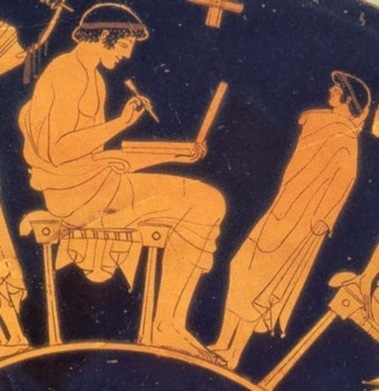When I was researching African American inventors for my children’s book, What Color Is My World?, I came across James E. West, whose discoveries led to our modern microphones – from the one Beyoncé holds while singing (directly to me, I think) to the one in your cell phone that lets you order a stuffed-crust pizza.
Research and publish the best content.
Get Started for FREE
Sign up with Facebook Sign up with X
I don't have a Facebook or a X account
Already have an account: Login
on peer-to-peer dynamics in politics, the economy and organizations
Curated by
jean lievens
 Your new post is loading... Your new post is loading...
|
|











